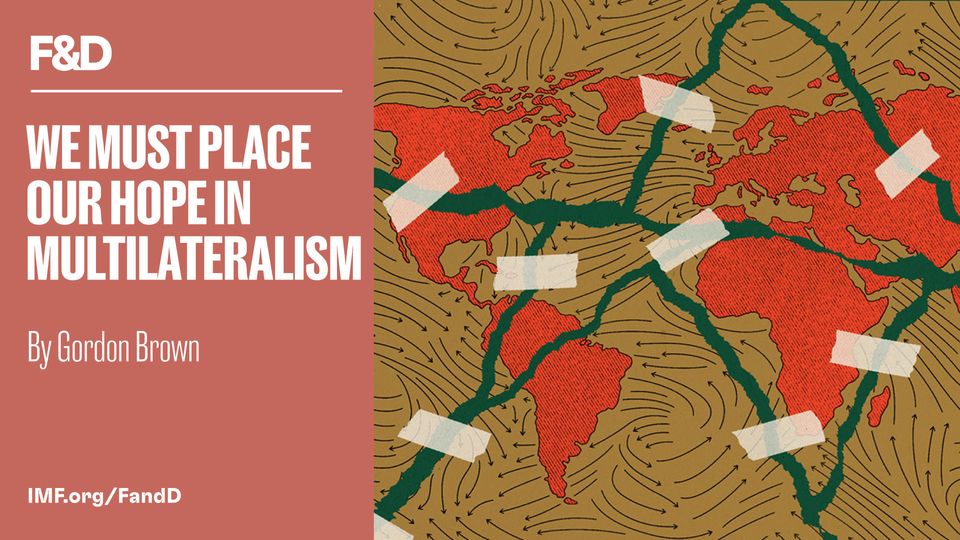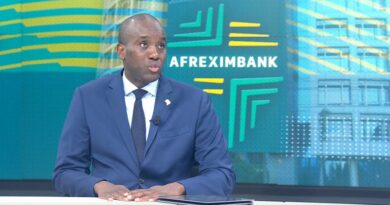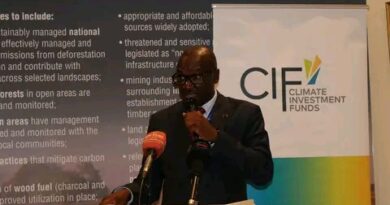Gordon Brown Calls for Strengthening Multilateralism to Address Global Challenges
Former UK Prime Minister Gordon Brown has urged world leaders to prioritize multilateralism as a solution to the growing crises caused by economic fragmentation and rising nationalism. In an address at the April 2024 PIIE-IMF conference, Brown emphasized that global cooperation is essential to tackle issues like climate change, cyber threats, and economic instability.
Referencing President John F. Kennedy’s words, “Those who look only to the past or the present are certain to miss the future,” Brown argued that the world’s outdated economic systems are failing to meet current global challenges.
He noted the collapse of the three pillars of the post-Cold War era—unipolarity, hyperglobalization, and neoliberal economics—leading to the rise of protectionism and populist nationalism.
Brown highlighted the shift from a unipolar to a multipolar world, where countries increasingly act as “swing states,” aligning with major powers like the US, China, or Russia based on their interests. This, he warned, has led to a weakening of global cooperation, as seen in the limited international response to Russia’s war on Ukraine.
Furthermore, Brown criticized the transition from free-trade economics to a more mercantilist, protectionist approach, which has resulted in nearly 3,000 global trade restrictions and slowed cooperation on critical global issues such as climate action and AI.
He also pointed to the adoption of national industrial policies by over 100 countries as a sign of increasing economic fragmentation.
Brown called for the reform of key global institutions, including the World Trade Organization (WTO), International Monetary Fund (IMF), and World Bank, to better address global challenges.
He urged the G20 to evolve into the premier forum for global economic cooperation, emphasizing the need for a more representative and efficient global financial system.
Despite the challenges, Brown expressed optimism, pointing to past successes in global cooperation, such as the Paris Climate Accord and G20 efforts to stabilize the global economy in 2009. He concluded by encouraging leaders to choose the path of multilateralism, which he believes offers the greatest potential for global prosperity, progress, and hope.
“Two paths are before us,” Brown said. “One leads toward global fragmentation and deepening crises, while the other will, if we work collectively, bring prosperity, progress, and hope. I choose hope.”



